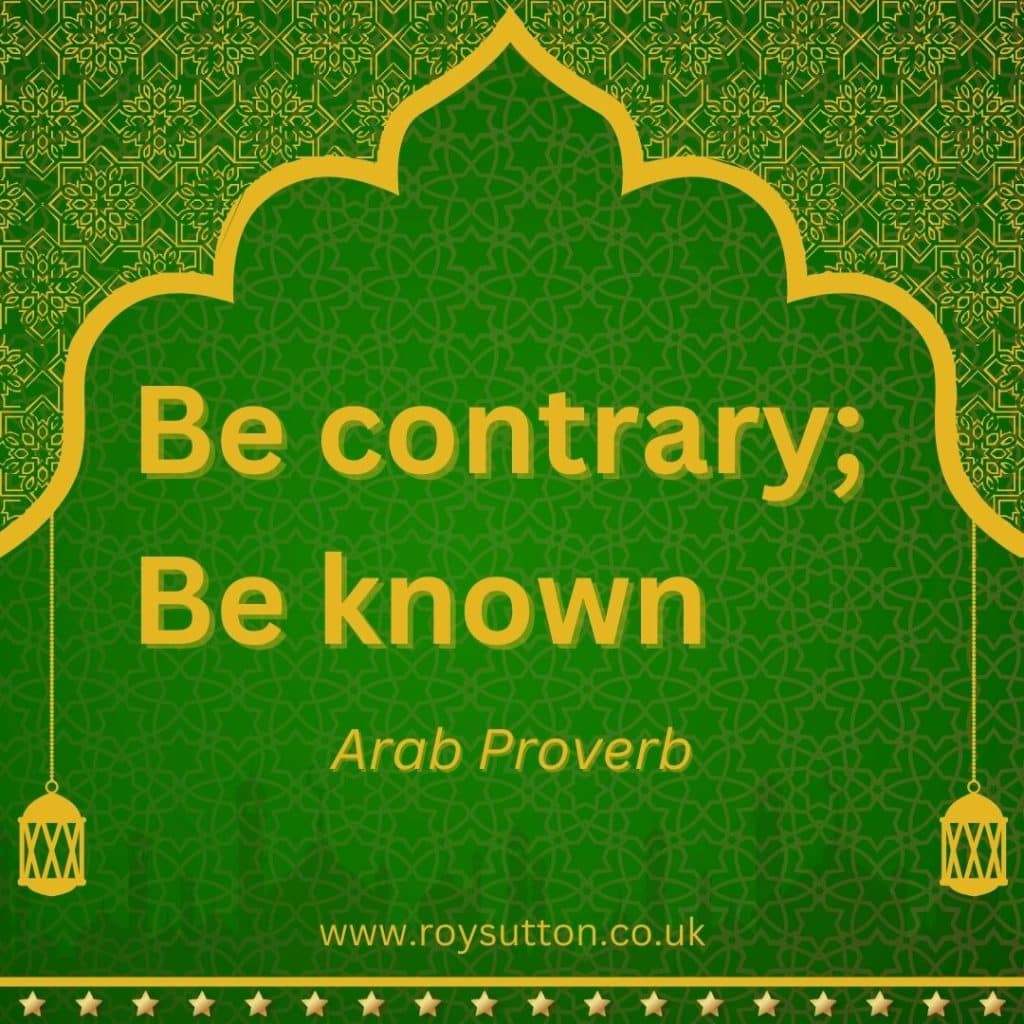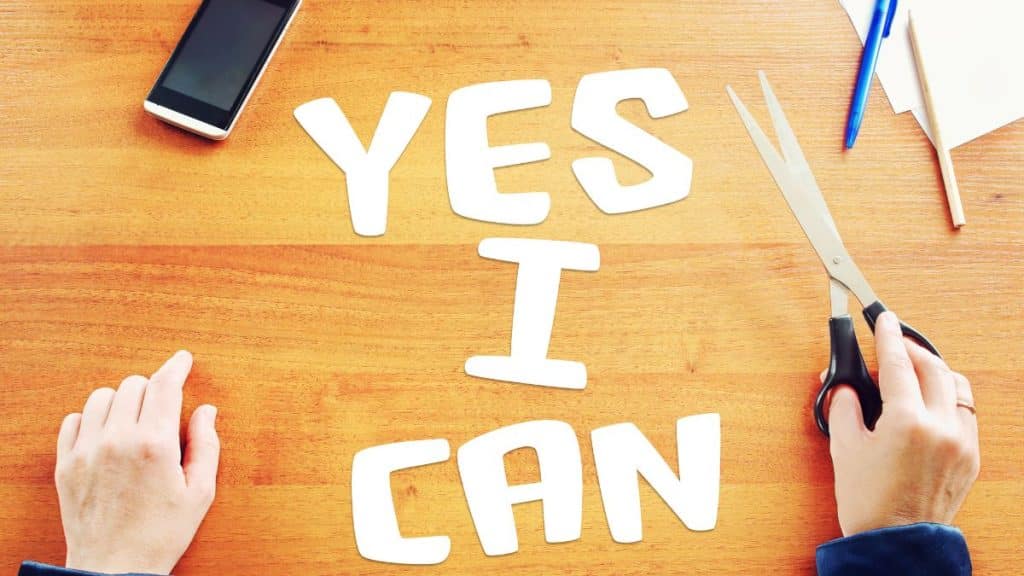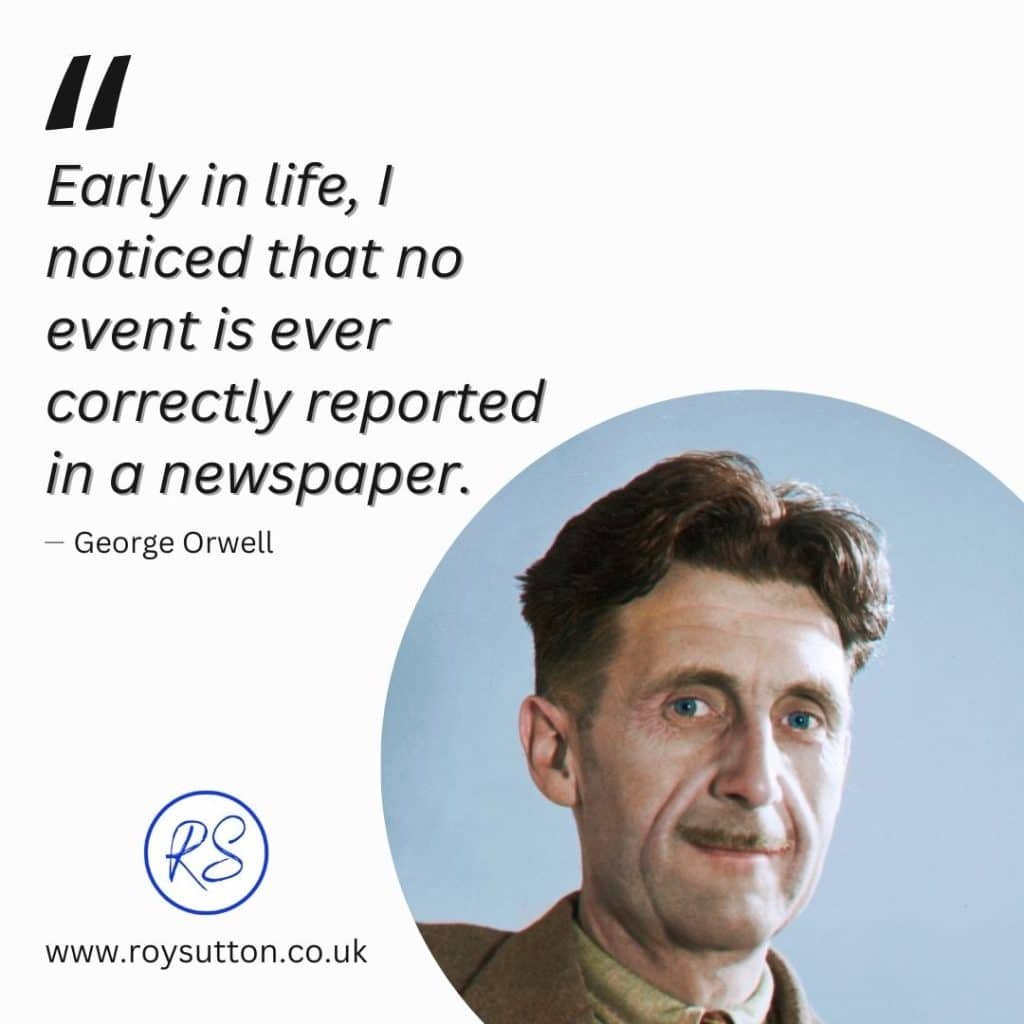
A Concise Guide to Self-Discovery
If you’re seeking the 15 questions to discover your life purpose, this article is for you. It’s intended to offer you a concise guide to self-discovery.
Finding your life purpose can be a transformative journey, that’s for sure.
It’s a path of self-discovery that leads to greater fulfillment and meaning. Many people struggle to identify their true calling, but asking the right questions can help guide the way.
Exploring fifteen carefully chosen questions can provide valuable insights into your passions, values, and aspirations.
These questions prompt deep reflection on what truly matters to you and what brings you joy. They encourage you to examine your strengths, experiences, and the impact you want to have on the world.
By taking the time to ponder these questions, you can gain clarity on your life direction.
This process of self-inquiry often reveals hidden talents, forgotten dreams, and new possibilities. It can lead to a renewed sense of purpose and motivation to pursue a more meaningful life path.
Key Takeaways
- Asking targeted questions facilitates self-discovery and clarity about one’s life purpose
- Reflecting on your values, passions, and strengths will guide you toward fulfillment
- Regular self-inquiry promotes personal growth and helps align actions with meaningful goals

15 Questions to Discover Your Life Purpose

Understanding Life Purpose
Life purpose gives meaning and direction to our actions. It shapes our choices and motivates us to pursue goals aligned with our deepest values and aspirations.
Defining Life Purpose
Life purpose is the central driving force that gives our existence meaning and direction. It’s the reason we get up each morning and the guiding principle behind our major life decisions.
A person’s purpose often stems from their unique talents, passions, and values. It can involve making a positive impact on others, pursuing personal growth, or leaving a lasting legacy.
Your purpose may not necessarily be grand or world-changing. It’s different for everyone. For some, it might be raising a family or excelling in their chosen career. For others, it could be creating art or advancing scientific knowledge.
Purpose vs. Aspiration
While related, purpose and aspiration are distinct concepts. Purpose is the underlying “why” behind our actions, while aspirations are specific goals or dreams we hope to achieve.
Purpose tends to be more stable and enduring. It forms the foundation of a meaningful life. Aspirations, on the other hand, can change over time as we grow and our circumstances shift.
A person might aspire to become a doctor, but their underlying purpose could be to help others and alleviate suffering. If becoming a doctor proves unfeasible, they might find other ways to fulfill their purpose, such as nursing or medical research.
Aligning aspirations with your life purpose should lead to a more fulfilling life. When goals and actions are in harmony with core values and motivations, you’ll tend to feel more satisfied and driven.
Identifying Your Core Values
Core values shape who we are and guide our choices. They form the foundation of our authentic selves and influence how we interact with the world.
Importance of Core Values
Core values serve as a compass for decision-making and behavior.
They help people stay true to themselves, even in challenging situations.
Identifying these values allows individuals to live more authentically and with greater purpose.
Some common core values include:
- Honesty
- Integrity
- Compassion
- Creativity
- Independence
When people align their actions with their values, they often experience greater satisfaction and fulfillment in life. This alignment can lead to improved relationships, career success, and personal growth.
Your Values and Decisions
Core values play a crucial role in shaping decisions, both big and small. They act as a filter, helping individuals evaluate options and choose paths that resonate with their authentic selves.
For example, someone who values environmental sustainability might:
- Choose eco-friendly products
- Opt for public transportation
- Pursue a career in conservation
By making choices that reflect their values, people can create a life that feels meaningful and purposeful. This consistency between values and actions can reduce internal conflict and increase overall life satisfaction.
It’s important to regularly reflect on and reassess one’s values, as they may evolve with new experiences and personal growth.

Discovering Passions and Talents
Finding what you love and what you’re good at is key to uncovering your life purpose. These two elements often go hand in hand, shaping the path to a fulfilling life.
Uncover Your Passions
To find your passions, think about activities that make you lose track of time. What subjects do you enjoy learning about? Pay attention to topics that spark your curiosity or make you want to share with others.
Try new things regularly. This can help you discover interests you didn’t know you had. Keep a journal of activities you enjoy and why you like them.
Ask yourself questions about what excites you. What would you do if money wasn’t an issue? What causes do you care about deeply?
Recognizing Your Unique Talents
Everyone has special abilities that set them apart. Think about tasks that come easily to you but might be challenging for others. These could be your natural talents.
Ask friends or family what they think you’re good at. They might notice skills you take for granted. Look back at past successes and identify the skills that led to those achievements.
Consider taking personality or strength assessments. These tools can highlight your innate abilities. Reflect on what unique talents you have to offer the world.
Pay attention to the compliments you receive. They often point to your strengths. Think about how you can use these talents to make a positive impact in your personal and professional life.
Embracing Personal Strengths
Knowing your strengths helps you find a meaningful life path. It lets you use your natural talents and gifts to make a positive impact.
Assessing Your Strengths
To find your strengths, think about what comes easily to you. Ask friends what they see as your best skills. Take note of tasks that energize you rather than drain you.
Look for patterns in your past successes. Were you always good at organizing events? Or coming up with creative ideas? These may point to your natural talents.
Consider taking a strengths assessment test. These tools can reveal hidden abilities you may not have noticed. They often group strengths into categories like communication, problem-solving, or leadership.
Write down your top 5-10 strengths. Include both skills you’ve developed and innate gifts. This list will guide you as you explore life purposes that fit your talents.
Strengths and Life Direction
Your strengths can light the way to a fulfilling life purpose. They show where you can excel and make the most impact.
Match your strengths to potential careers or volunteer work. For example, if you’re naturally empathetic, you might find purpose in counseling or social work.
Think about how to combine multiple strengths. Someone creative and analytical might find purpose in fields like data visualization or user experience design.
Don’t ignore your unique gifts. If you have a rare talent, it could lead to an unusual but rewarding path. A gifted musician might find purpose in music therapy for special needs children.
Remember, using your strengths doesn’t mean everything comes easy. It means you have the potential to become truly exceptional with practice and dedication.

Pursuing Joy and Satisfaction
Finding joy and satisfaction in life can point us toward our true purpose. These positive emotions often signal when we’re on the right track and living in alignment with our values.
Joy as a Compass for Purpose
Joy acts as an internal compass, guiding us toward activities and goals that feel meaningful. When we experience joy, it’s a sign that we’re connecting with something important to us. Pay attention to moments that bring a smile to your face or make your heart feel full. These could be clues to your life’s purpose.
Make a list of things that consistently bring you joy.
Look for patterns in the list.
Do you feel happiest when helping others?
Creating art?
Solving problems?
These themes can reveal potential paths to pursue.
Joy doesn’t always mean constant happiness. It’s a deeper sense of rightness and fulfillment, even during challenges. Notice which difficulties feel worthwhile to you – that resilience hints at purpose.
Measuring Satisfaction
Satisfaction comes from making progress on meaningful goals.
It’s the feeling of contentment after putting in effort and seeing results.
To measure your satisfaction:
- Set clear, achievable goals aligned with your values
- Track your progress regularly
- Celebrate small wins along the way
- Reflect on how your actions impact your overall well-being
Use a simple rating system to gauge your satisfaction in different life areas.
Score each on a scale of 1-10:
- Work/Career
- Relationships
- Personal Growth
- Health
- Finances
Low scores show where you might need to make changes.
High scores reveal areas closely tied to your purpose.
Aim for balance, but remember that your unique purpose may emphasize certain areas more than others.
Overcoming Challenges on the Path
Finding your life purpose often involves facing obstacles and building inner strength. These skills help you stay focused on your goals despite setbacks.
Identifying Obstacles
Fear of failure is a common challenge when seeking life purpose. Many people worry about making wrong choices or disappointing others. This fear can stop them from trying new things or pursuing their dreams.
Another obstacle is lack of clarity. Some struggle to define what truly matters to them. This confusion makes it hard to set meaningful goals or take action.
External pressures also create roadblocks. Family expectations, societal norms, or financial constraints may conflict with personal aspirations. These factors can make people feel torn between different paths.
Building Resilience
Resilience is key to overcoming challenges on the journey to purpose. It helps people bounce back from setbacks and keep moving forward.
One way to build resilience is through self-reflection. Taking time to examine thoughts and feelings can lead to better self-understanding. This awareness helps in dealing with difficult emotions and situations.
Developing a growth mindset is also important. Viewing challenges as opportunities to learn and grow makes them less daunting. This attitude helps people persist in the face of obstacles.
Building a support network is crucial. Surrounding oneself with encouraging people provides emotional strength. It also offers different perspectives and advice when facing tough decisions.
The Importance of Relationships
Human beings are social animals. We need other people.
Relationships play a key role in shaping our purpose and identity.
Our connections with others provide support, guidance, and inspiration as we navigate life’s challenges and opportunities.
Family and Friends as Support
A strong support system of family and friends is vital for personal growth. These close relationships offer emotional backing during tough times and celebrate our successes.
They can:
- Provide a listening ear when we need to talk
- Offer advice based on their own experiences
- Encourage us to pursue our goals and dreams
Having people who believe in us boosts our confidence. It helps us take risks and try new things.
Regular social interactions also improve mental health and reduce stress. This allows us to focus more clearly on our life’s purpose.
Learning from Role Models
Role models inspire us to become better versions of ourselves. They demonstrate qualities and achievements we admire and aspire to.
Role models can be:
- Family members who’ve overcome obstacles
- Friends who’ve achieved success in their field
- Public figures recognized for their positive impact
By observing role models, we learn valuable life lessons.
We see firsthand how to handle challenges and pursue goals. This helps shape our values and aspirations.
Role models also show us what’s possible, expanding our view of potential life purposes.

Setting Clear Aspirations
Clear aspirations help guide life choices and create a sense of purpose. They shape both personal and professional goals, leading to a meaningful legacy.
Defining Your Aspirations
Aspirations are the dreams and ambitions that drive a person forward.
They can range from career goals to personal growth targets.
To define aspirations, one must reflect on their values and passions.
Some key questions to ask:
- What brings joy and fulfillment?
- Where does one see themselves in 5, 10, or 20 years?
- What impact does one want to make on the world?
Writing down aspirations makes them more concrete. It’s okay if they change over time. The important part is having a clear direction.
Aligning Aspirations with Purpose
Aligning aspirations with one’s life purpose creates a powerful synergy. This alignment ensures that goals are not just achievable, but also deeply satisfying.
Steps to align aspirations and purpose:
- Identify core values
- Examine how aspirations reflect these values
- Adjust goals to better match your mission
When aspirations and purpose align, it becomes easier to set meaningful professional goals. This harmony also helps in creating a lasting legacy that truly represents one’s values and desires.
Regular check-ins are crucial.
As people grow and change, so might their aspirations and purpose.
Staying flexible allows for adjustments along the way.
Developing Personal Growth Strategies
Personal growth strategies help people reach their full potential. These methods focus on learning and self-awareness to create positive change.
Importance of Continuous Learning
Continuous learning keeps minds sharp and skills up-to-date. It helps people adapt to new situations and solve problems better. Reading books, taking classes, or learning new skills are great ways to grow.
Overcoming challenges can lead to personal growth. Each obstacle teaches valuable lessons. People can set learning goals to stay motivated.
Joining groups with similar interests supports growth. These connections provide new ideas and inspiration. Online courses offer flexible learning options for busy schedules.
Enhancing Self-Awareness
Self-awareness is key to personal development. It helps people understand their thoughts, feelings, and actions better. Keeping a journal can reveal patterns in behaviour and emotions.
Mindfulness practices like meditation improve self-awareness. They teach how to stay present and notice inner experiences. Regular self-reflection helps track progress and set new goals.
Asking for feedback from others gives new perspectives. This input can show blind spots and areas for improvement. Self-awareness breakthroughs often come from exploring one’s inner world.
Cultivating Mindfulness and Reflection
Mindfulness and self-reflection are key tools for discovering your life purpose. They help you gain clarity and insight into your deepest desires and values.
Benefits of Mindfulness
Mindfulness helps you stay present and aware of your thoughts and feelings. It allows you to observe without judgment, leading to greater self-understanding.
Regular mindfulness practice can reduce stress and anxiety. This mental clarity makes it easier to focus on what truly matters to you.
Mindfulness activities like meditation or deep breathing can boost creativity. They open your mind to new possibilities and perspectives about your life’s direction.
By being mindful, you become more attuned to your inner voice. This heightened awareness can reveal insights about your passions and purpose.
Power of Self-Reflection
Self-reflection involves looking inward to examine your thoughts, feelings, and motivations. It’s a crucial step in uncovering your life’s purpose.
Introspection helps you identify patterns in your behavior and thinking. This awareness can highlight areas of your life that bring the most fulfillment.
Journaling is an effective self-reflection tool. Writing down your thoughts and experiences can reveal hidden aspirations and values.
Regular self-reflection builds self-awareness. This deeper understanding of yourself makes it easier to align your actions with your true purpose.
Self-reflection also helps you learn from past experiences. By analyzing your choices and their outcomes, you can make better decisions for your future.
Navigating Life Experiences
Life experiences shape our paths and reveal our purpose. By examining our past and embracing the present, we gain valuable insights into our true calling.
Learning from the Past
The past serves only as a series of lessons.
Our past experiences hold important lessons. Reflecting on both successes and failures can give us clarity about our values and passions.
Think about times when you felt most alive or proud:
- What were you doing?
- Who were you with?
It’s also helpful to consider moments of regret. What would you do differently if given the chance? These insights often point to areas of personal growth and untapped potential.
Keep a journal to track your thoughts and feelings about past events.
Look for patterns in your choices and reactions. This can reveal consistent themes that may relate to your life purpose.
Embracing the Present
Daily life offers countless opportunities for self-discovery. Pay attention to activities that energize you and those that drain your energy. Notice when time seems to fly by because you’re so engrossed in a task.
Try new experiences regularly. This helps expand your horizons and may uncover hidden talents or interests. Volunteer for different causes to see what resonates with you.
Practice mindfulness to stay aware of your thoughts and emotions throughout the day. This heightened awareness can lead to important realizations about what truly matters to you.
Be open to feedback from others. Sometimes friends or colleagues see strengths in us that we overlook. Their observations can provide valuable clues about our purpose.
Aligning with Causes and Contributions
Finding causes you care about and contributing to your community can help reveal your life purpose. These activities connect your values to real-world impact and personal fulfillment.
Identifying Causes You Care About
Start by listing issues that stir your emotions. Think about what news stories make you angry or sad. Consider problems you wish you could fix in your town or the world.
Look at your past experiences. What volunteer work did you enjoy? Which charities do you support? These can point to causes close to your heart.
Research organizations working on these issues. Read their missions and see if they resonate with you. Look for ways to get involved, from donating to volunteering.
Pay attention to how you feel when learning about different causes. The ones that energize and inspire you are likely aligned with your purpose.
Contributing to Community and Service
Community service offers hands-on ways to make a difference. Look for local volunteer opportunities that match your interests and skills.
Consider joining a community group or nonprofit board. These roles let you contribute leadership and expertise to causes you care about.
Start small with one-time events like park cleanups or food drives. This lets you try different types of service to see what fits best.
Think about how your job skills could help others. Offer pro bono work or mentoring in your field. This combines your talents with social impact.
Regular service creates lasting change. Commit to ongoing volunteer shifts or long-term projects. This builds relationships and deepens your impact.
Exploring Wellness and Balance
Finding your life purpose often involves looking at your overall well-being and how you balance different aspects of your life. This includes taking care of yourself and finding harmony between work and personal time.
Personal Well-Being
Personal well-being is key to discovering your life purpose.
It means taking care of your physical, mental, and emotional health.
Eating well, exercising, and getting enough sleep are important for physical health.
Mental health is just as crucial.
Meditation and mindfulness practices can help reduce stress and improve focus.
These practices allow a person to reflect on their values and goals.
Emotional well-being involves understanding and managing feelings.
This can include:
- Journaling to process emotions
- Talking to friends or a therapist
- Engaging in hobbies that bring joy
When a person feels good physically and emotionally, they’re better equipped to explore their passions and purpose.
Creating Work-Life Balance
Work-life balance is essential for overall wellness and finding purpose. It means giving proper attention to both career and personal life. This balance looks different for everyone.
Some tips for better work-life balance include:
- Setting clear boundaries between work and personal time
- Learning to say no to extra commitments
- Making time for hobbies and relaxation
It’s important to regularly assess one’s values and priorities. This helps ensure that time and energy are spent on things that truly matter.
Creating this balance often leads to increased job satisfaction and personal fulfillment. It allows space to explore interests outside of work, which can lead to discovering one’s true calling.
Visualizing and Achieving a Meaningful Life
Finding purpose often involves visualizing your ideal future and taking steps to create a life filled with meaning. These practices can help guide you toward fulfillment and personal growth.
The Power of Visualization
Visualization is a powerful tool for shaping your life’s direction. It involves creating a clear mental image of your desired future. This technique can help you identify your goals and aspirations.
To start a visualization exercise, you should find a quiet space and relax.
Then, you can picture your ideal life in detail:
- What does your day look like?
- Who are you with?
- What are you doing?
Regular practice of visualization can boost motivation and clarity.
It will help you focus on what truly matters to you. This focus can lead to better decision-making and goal-setting.
Living a Life of Meaning
A meaningful life aligns with your values and brings a sense of purpose. It often involves contributing to something larger than oneself. Discovering one’s life purpose is key to living meaningfully.
People can find meaning through:
- Helping others
- Pursuing passions
- Building strong relationships
- Personal growth and learning
To create a more meaningful life, you must reflect on your values and strengths. You can then seek ways to use these in your daily life and work.
Small actions can lead to big changes. Even minor shifts in habits or perspective can increase one’s sense of purpose and fulfillment.


Frequently Asked Questions
Finding your life purpose involves deep reflection and asking meaningful questions.
Many people grapple with this journey of self-discovery.
The following questions address common concerns and provide guidance to uncover your true purpose.
What are some deep questions that can guide me toward finding my life purpose?
Powerful questions to discover your life purpose include:
- What brings me joy?
- What am I passionate about?
These inquiries prompt introspection about personal values and motivations.
Exploring your strengths and the impact they can make can also be revealing.
For instance questions like:
- What unique skills do I possess?
- How can I use my talents to help others?
The answers to these questions can offer valuable insights.
How can taking a quiz help determine my life’s purpose?
Quizzes can serve as starting points for self-reflection. They often ask targeted questions about interests, values, and goals.
While not definitive, quiz results can highlight patterns and areas of passion. They may reveal overlooked aspects of one’s personality or aspirations.
Why do many people struggle with identifying their purpose in life?
Many individuals find it challenging to pinpoint their life purpose due to societal pressures and expectations. Fear of failure or judgment can also hinder self-exploration.
Lack of self-awareness or time for introspection may contribute to this struggle. Some people may feel overwhelmed by the magnitude of the question.
What are some meaningful examples of life purposes others have found?
Some people discover their purpose in helping others, such as teaching or healthcare. Others find meaning in creative pursuits like art or music.
Environmental conservation, scientific research, or community building are examples of purpose-driven paths. Some individuals dedicate themselves to personal growth and inspiring others.
In what ways can I uncover my true purpose in life?
Engaging in various experiences and activities can help reveal one’s purpose. Volunteering, trying new hobbies, or exploring different career paths offer valuable insights.
Reflecting on past achievements and moments of fulfillment can uncover patterns. Seeking feedback from trusted friends or mentors may provide fresh perspectives.
What are considered the most important questions to ask oneself about life’s purpose?
Key questions for discovering life purpose include:
- What would I do if money were no object?
- What legacy do I want to leave behind?
- What problems in the world am I drawn to solve?
- When do I feel most alive?”
- What’s the right job for you?
The answers to these questions can reveal deeply held values and they can help identify sources of genuine passion and energy.

Please share this post with your friends:
Did this article on the 15 questions to discover your life purpose help you?
If this article is useful to you, please share it on social media with your friends. When you share, everyone wins.
I appreciate your support. Thank you.

Other articles you might also find interesting:
- How to Manage Work-Life Balance: Effective Strategies
- How to build confidence and self-esteem
- How to Negotiate Salary: Proven Strategies
- How to Improve Communication Skills in the Workplace
- How to Write a Resignation Letter: A Professional Guide
- How to Look More Attractive as a Guy
- How to answer Tell Me About Yourself in an interview
- How to Learn Spanish Free: 5 Effective Online Resources
- How to Learn a Foreign Language: Strategies for Rapid Fluency
- How to Overcome the Fear of Public Speaking: Proven Techniques
- Best Dating App: Top Choices for Finding Love in 2024
- Set SMART Goals: A Blueprint for Success
- How to Make Friends as an Adult: Tips for building connections
- How to Use Artificial Intelligence: A Practical Guide for Beginners
Copyright © Mann Island Media Limited 2025. All rights reserved.















































